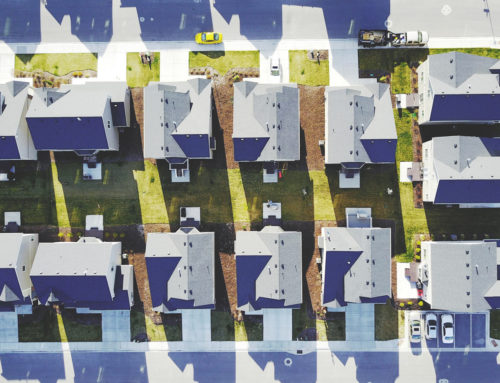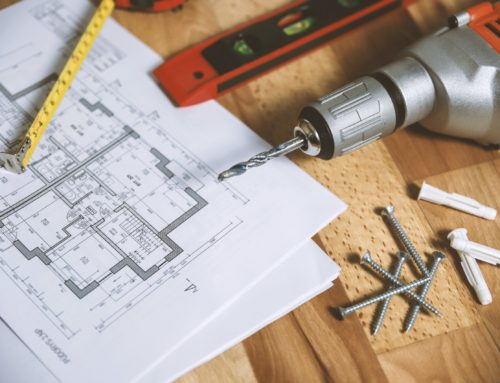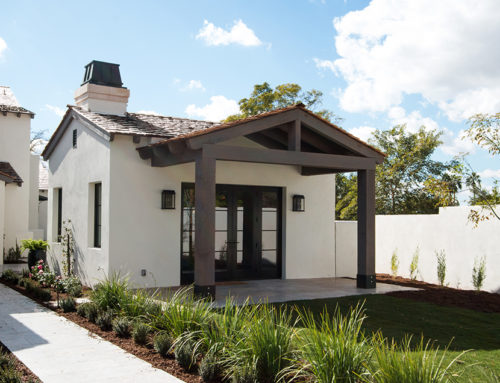According to the National Association of Realtors, over 40% people who buy a new home is to trade up to a bigger and/or nicer home. Sure, the loft or 2 bedroom condo in the city might’ve been nice when you first had solid income, but often life factors change your housing needs. You could have a new job and want to cut down on the commute or with a growing family and multiple kids you need to start thinking about school districts or you’re simply running out of space. However, to actually execute moving to a bigger house there are many financial implications. It’s not like you can just find another one laying around and move into it like a hermit crab. Here are some things to consider to help guide through your decision:
What can i afford?
The first thing to do is to sit down with your real estate agent or your lender to go through what kind of proceeds you can reasonably expect from selling your first house, aka a netsheet. This will include factors such as prepayment penalty, commission, credit back on prepaid property tax etc. Knowing how much you can contribute to the downpayment can help you determine what kind of houses to look for.
To avoid prepayment penalty you can let the buyer of your house assume your mortgage. Again, check with your lender if this is a possibility. Also, don’t be afraid to negotiate with your agent as well. They’re double ending the sale of your old home and purchase of your new home. As long as both sides are reasonable you should be able to work out something better than the typical 6%.
Get your finances in order
Go through an estimate on what your new living expenses might be. You can do this on your own or likely your lender can help guide you through it as they will factor your new PITI anyway (Principal, Interest, Taxes, Insurance). Below are things to consider:
- Mortgage
- Property tax
- Income tax – Will the new house lead you to exceed the limit on mortgage interest deduction?
- Utilities
- Homeowner’s insurance – Worth paying attention to especially if HOA covered the major items like exterior and roof before.
- Maintenance – Again, if you had an HOA before that take care of stuff like landscaping you’ll likely cover that on your own if you’re moving to a single family home. If you are looking to have a pool there will be additional costs to pay for a pool guy or cost of chemicals to maintain on your own.
Should i Sell first or buy first?
This is somewhat personal. In general I would say buy first so you know where you’re going to live first and then sell your previous home, especially in a seller’s market. If you sell your home first and then couldn’t buy a new one you might end up staying at a less than ideal housing choice for longer than you’d want. You can always ask for rent back but the home buying process may not go as smoothly as you’d like, which could leave you scrambling to find storage units and temporary housing. I also just hate moving. If I could move once instead of twice that’s so much more pleasant.
The downside of buying first selling second is that if you don’t have enough saved up you might not be qualified to buy the newer home without using the proceeds from selling the first. Often lender will have a bridge loan program to help you address this issue. The other downside is if your first home sits on the market you’re now faced with paying two mortgages.
Selling first and renting a while could make sense. It could also make sense to keep the first home and rent it out to get the rental income and depreciation expense. The decision largely depends on what rent is like in your local market. Again, you have to look at the entire financial picture how it’ll look and weighing in some personal factors as well.
All in all, you should feel excited about moving on up (like the Jeffersons). With some careful planning, you can take the stress out of trading up to a new home. Oh, and be sure to take advantage of the Section 121 exclusion when you do sell, which excludes $250,000 ($500,000 if you’re married filing jointly) of capital gain if you’ve lived in the property 2 of the last 5 years as primary residence.






